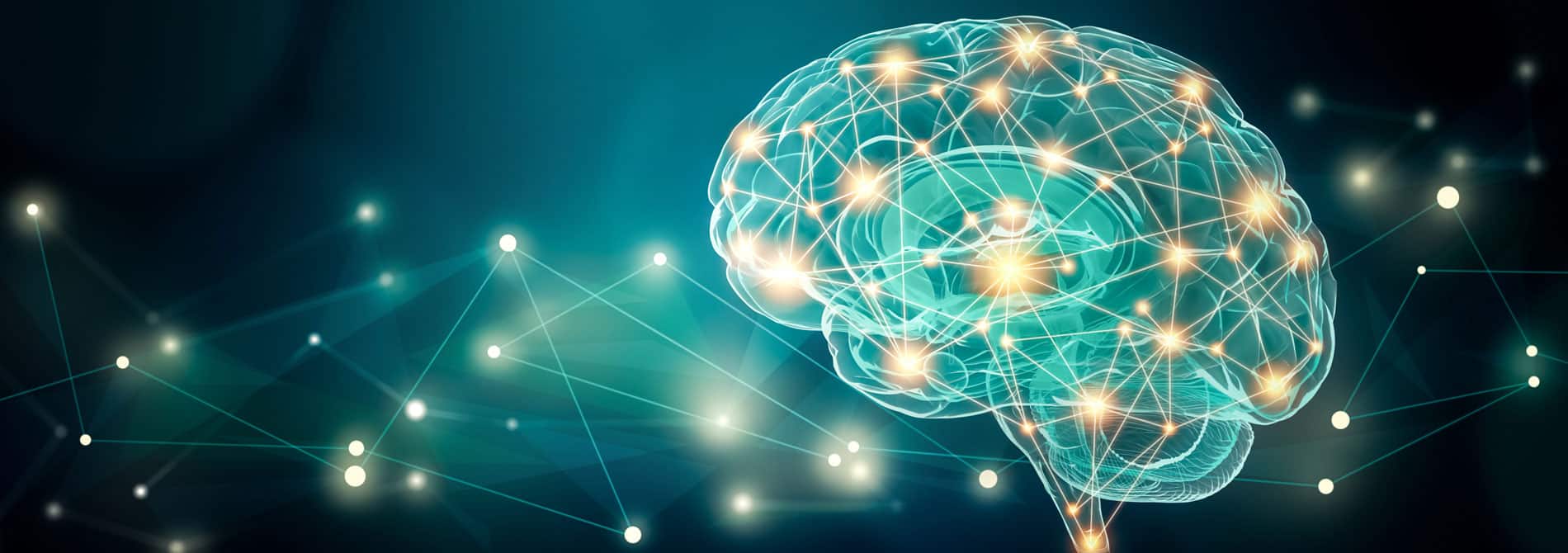As the brain plays an important role in beginning and sustaining recovery, a focus on how to retrain the brain after years of drug use is important. For some people needing recovery, this may come as a surprise when their belief may be a brain damaged by substance use disorders cannot be restored or repaired. Today let’s talk about the encouraging ways your brain can be retrained and better support your addiction recovery.
If you or a loved one need help, call our admissions team today at 561-841-1033.The old belief a brain damaged by alcohol or other drug use cannot be retrained is no longer valid given evidence-based science in the field of addiction treatment. In addition to offering addiction treatment and mental health support, programs for men and women with specific brain recovery components are available. These programs may include psychological testing, biofeedback, neurotherapy, neurofeedback, and other services.
Types of Long-Term Drug Use
Retraining the brain can follow long-term abuse of a wide variety of substances, including cocaine, opiates, and marijuana. A long-term use disorder can cover multiple years with or without attempts at recovery. For example, users of the opiate heroin typically use it for close to a decade before attempting to recover through a treatment program.
Old Behaviors of Use and the Brain
Repeated long-term use of a drug is overusing the same pathways in the brain to achieve a reward of getting high. As tolerance to a substance increases, it takes higher doses to achieve the same high. The repetition of drug use can come from the pleasure felt during the substance abuse and it makes using that reward pathway a difficult habit to break.
New Behaviors during Recovery and the Brain
Retraining the brain takes much more than stopping the regular use of a substance like heroin, cocaine, or marijuana. The brain itself becomes a tool to support the recovery by actively seeking new ways to find pleasure in non-addictive behaviors and creating new connections around the damage done by drug abuse. Allowing the brain to make these new connections through behavior is a way to allow it to begin healing itself and growing again.
Brain Recovery during Addiction Treatment
Retraining the brain during addiction treatment can be done with the help of trained professionals using a variety of therapies to specifically heal the brain, including neurofeedback and Cognitive Behavioral Therapy. Neurofeedback is among those therapies giving patients an insight into their own brain activity and the means to retrain those brain signals. Cognitive Behavioral Therapy is another approach to help retrain the brain by teaching problem-solving skills, role-playing potential real-life situations, gaining a better understanding of one’s own motivations and behaviors, and more.
Co-occurring Disorder Treatment for Long-Term Drug Use
A comprehensive, integrated treatment for long-term drug use is available for men and women who have experienced multiple relapses. In addition to work on brain recovery, these programs also focus on customized treatment for addiction as well as providing mental health services and trauma therapies for individuals with a dual diagnosis. For men and women who seek gender-specific programs, this type of treatment is also available to allow them to be guided through recovery by a team of professionals of the same gender as well as learning to reshape old behavior and thought patterns with the support of their peers.
Medical Services for Long-Term Drug Abuse
Before quitting any drug used for a long period of time, the recommended first step is detox under medical supervision. This type of medical detox ensures a patient does not develop the life-threatening health complications associated with withdrawal. Also, as long-term drug use can lead to a variety of medical conditions, such as liver disease, high blood pressure, and kidney disease, treatment at a facility with an expert medical staff is also recommended.
At Hanley Center, we provide distinct, effective interventions that help heal the brain on a cellular level. Developed by expert clinicians, programming through our Center for Brain Recovery (CBR) includes advanced psychological testing and review, as well as evidence-based interventions to ensure brain health.
Hanley Center is a well-known care provider offering a range of treatment programs targeting the recovery from substance use, mental health issues, and beyond. Our primary mission is to provide a clear path to a life of healing and restoration. We offer renowned clinical care and have the compassion and professional expertise to guide you toward lasting recovery.
For information on our programs, call us today: 561-841-1033.




